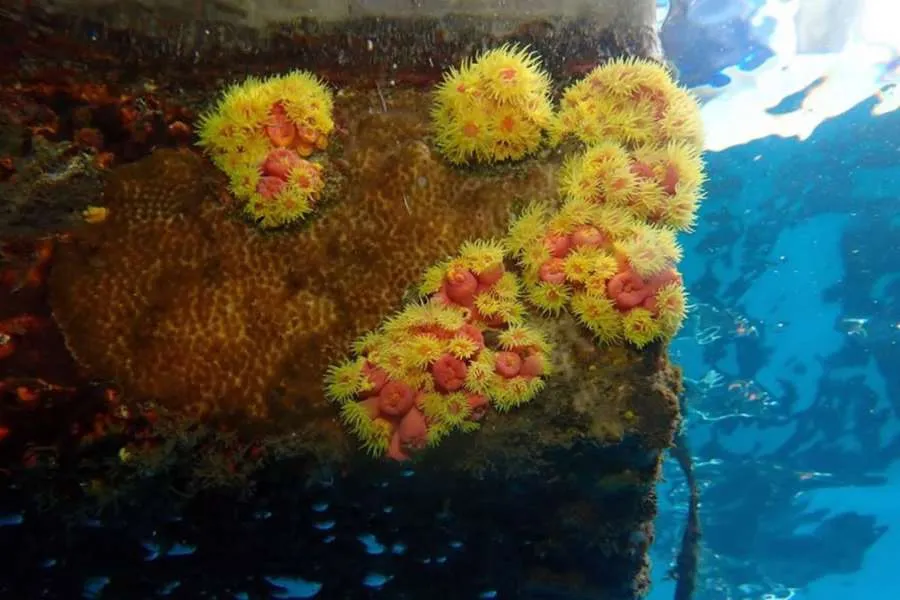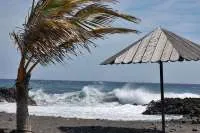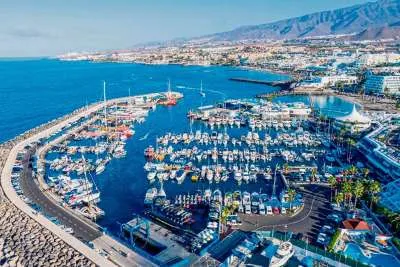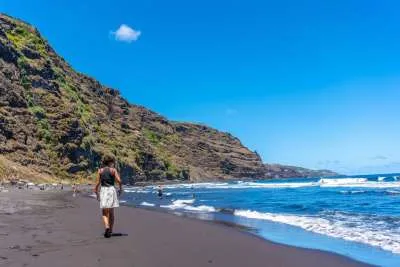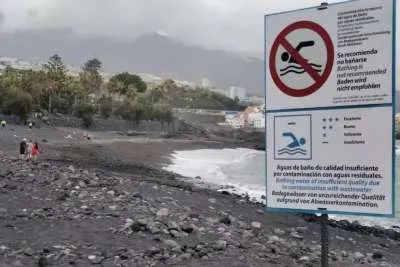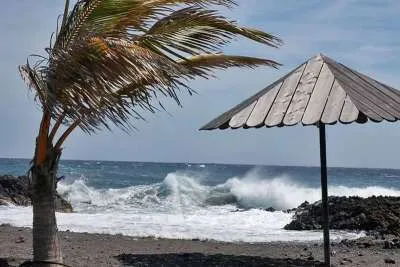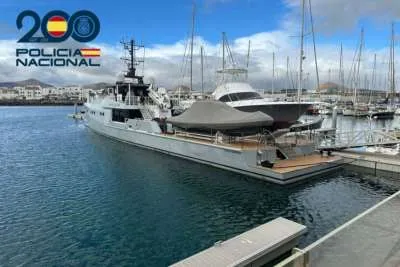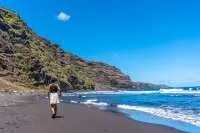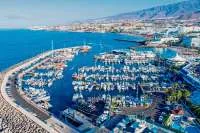Invasive Coral Threatens Canary Islands’ Marine Ecosystems
- 12-09-2025
- National
- Canarian Weekly
- Photo Credit: Efe
A highly invasive coral species, Tubastraea coccinea, commonly known as sun coral or orange cup coral, has been detected in the ports of Tenerife and Gran Canaria, raising serious concerns for the future of the Canary Islands’ marine ecosystems.
Researchers from the University of La Laguna have confirmed that this coral, native to the Pacific Ocean, has the potential to spread rapidly throughout the Archipelago.
Its arrival poses a significant ecological risk, as the islands’ marine environments are known for their isolation, high levels of endemism, and limited resilience to invasive species.
Resistant to climate change pressures
The study, carried out by the Bioecomac research group (Biodiversity, Marine Ecology and Conservation) and published in the journal Marine Environmental Research, was led by assistant professor Dr Adriana Rodríguez, alongside researchers Martí Vilanova, Hortensia Holgado, and Alejandro Arechavaleta.
The team tested the coral’s tolerance to future ocean conditions projected by the Intergovernmental Panel on Climate Change (IPCC), including increased temperatures of 26°C and reduced pH levels of 7.50 caused by ocean acidification. Colonies collected in March 2022 from the docks of Santa Cruz de Tenerife were kept in controlled aquariums and exposed to different scenarios for up to 80 days.
Findings revealed that ocean acidification reduced growth, metabolic activity, and larval development, often leading to malformed offspring. However, higher temperatures did not hinder the coral’s survival; in some cases, they even counteracted the negative effects of acidity, highlighting the species’ remarkable resilience.
A global invader with local risks
Tubastraea coccinea has already spread widely across the world’s oceans, often transported via oil and gas platforms, drilling vessels, buoys, and other maritime structures that provide ideal surfaces for settlement. Once established, it can form reef-like colonies that displace native corals, invertebrates, and algae, fundamentally altering marine communities.
In the Canary Islands, its expansion could threaten local biodiversity, disrupt ecosystem balance, and undermine the ecological integrity of the region’s seas. The study warns that the species’ rapid reproduction and broad environmental tolerance make it particularly dangerous in fragile island environments.
Call for urgent monitoring
The researchers stress the importance of long-term studies to assess how this coral adapts over multiple generations, and how it interacts with local species at different life stages. Such research is vital to anticipate its impact and to develop strategies for protecting native marine ecosystems.
The presence of Tubastraea coccinea in the Canary Islands serves as a stark reminder of the vulnerabilities posed by global shipping and climate change, and the urgent need for conservation measures to safeguard one of Europe’s most unique marine environments.
Other articles that may interest you...
Trending
Most Read Articles
Featured Videos
TributoFest: Michael Buble promo 14.02.2026
- 30-01-2026
TEAs 2025 Highlights
- 17-11-2025


